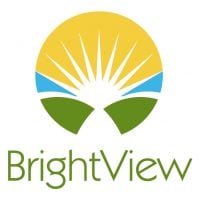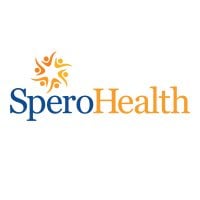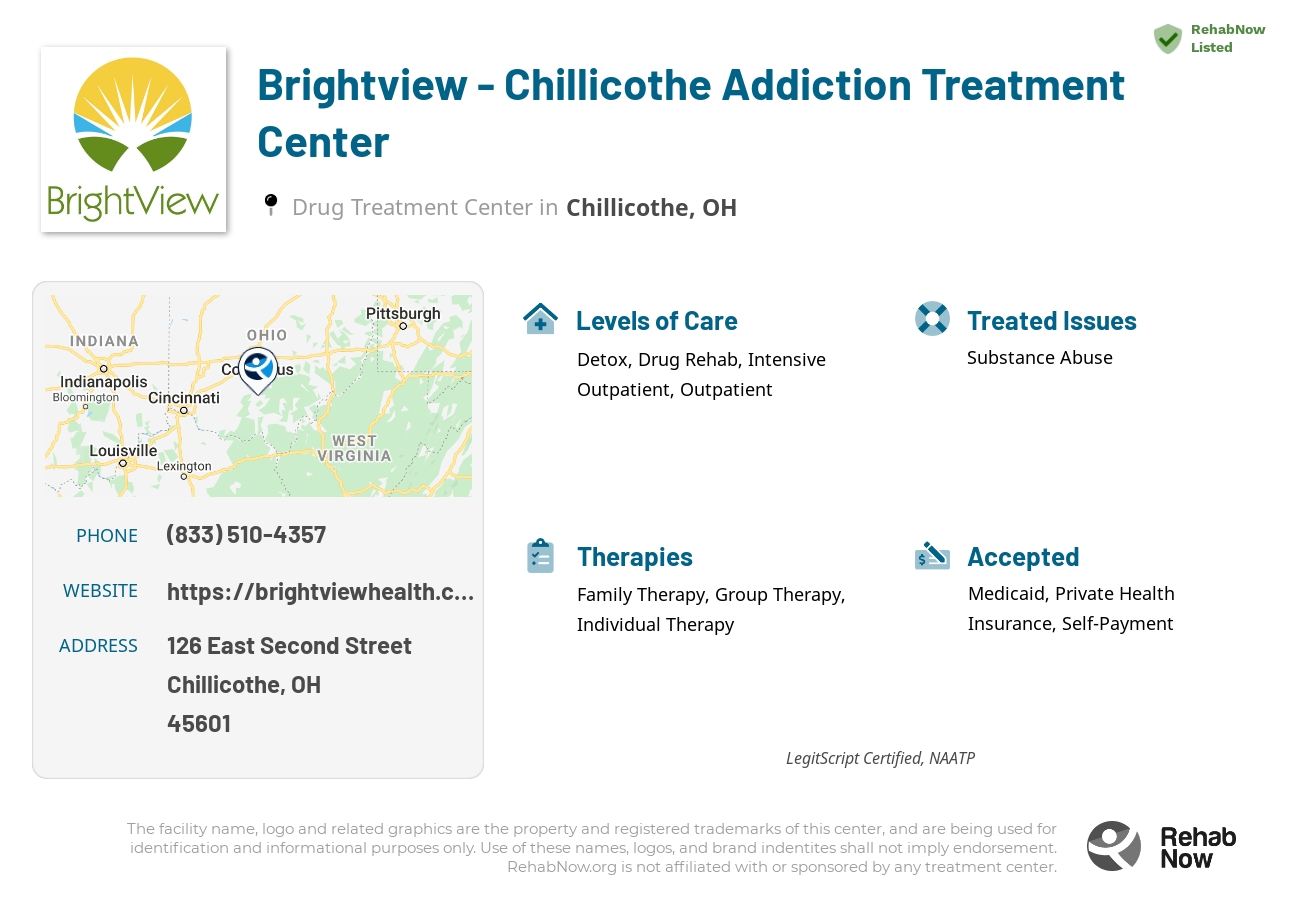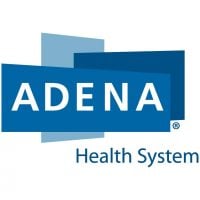
Brightview - Chillicothe Addiction Treatment Center
Drug Rehab Center in Chillicothe, Ohio
- Substance Abuse
- Opioid Addiction
- Dual Diagnosis
- Drug Addiction
- Alcoholism
Brightview - Chillicothe Addiction Treatment Center in Chillicothe, Ohio is a reputable and accredited facility offering a comprehensive range of services for individuals struggling with substance abuse, addiction, alcoholism, and dual diagnosis conditions, with a focus on personalized care and long-term recovery.
About This Ohio Facility
Brightview – Chillicothe Addiction Treatment Center, located in Chillicothe, Ohio, stands out for its specialized focus on Substance Abuse treatment. This private rehab facility is distinctive for its evidence-based approach, integrating medication-assisted treatment (MAT) with counseling and social support. It’s committed to offering personalized, outpatient care to those battling drug or alcohol addiction.
- Offers a comprehensive, evidence-based approach to addiction treatment, incorporating MAT alongside counseling.
- Recognized by LegitScript, NAATP, and JCAHO, ensuring high standards of care and professionalism.
- Provides a patient-centered treatment plan, focusing on individual needs and promoting long-term recovery.
Brightview – Chillicothe Addiction Treatment Center is accredited by LegitScript, NAATP, and JCAHO, reflecting its commitment to excellence in addiction treatment. The center prides itself on a holistic approach, addressing not only substance abuse but also co-occurring mental health conditions, through a variety of outpatient programs.
The center specializes in treating a range of addictions, including drug addiction, alcoholism, and opioid addiction, with a strong emphasis on dual diagnosis conditions. Treatment methods include medication-assisted treatment, individual and group therapy, all tailored to meet the unique needs of each patient.
Genders
Ages
Modality
Additional
Accreditations
NAATP

LegitScript

JCAHO
Conditions and Issues Treated
People who abuse drugs are likely to suffer from an addiction, which can cause serious health problems. When it comes to helping drug abusers get sober, there are many options to choose from. It is essential to state that there is no “”correct”” way of doing things. People are different, and they need different types of help to get over their addiction.
Many people who struggle with opioid addiction need to attend specific programs like methadone , Suboxone or Vivitrol clinics.
These types of programs will provide the patient with legal, prescription medications that can help them overcome their cravings for illegal opioids like heroin or fentanyl . If the patient has a chronic condition like Hepatitis C, they must undergo treatment before they can begin taking these medications.
Dual Diagnosis refers to someone who is both dealing with addiction and another mental health issue.
There are different kinds of Dual Diagnosis: A person who simultaneously experiences both a mental illness and an addiction disorder. Or, a person who experiences one or more coexisting (simultaneous) mental health conditions in addition to a primary substance use disorder.
Some conditions that commonly co-occur with addiction include:
- Personality Disorders (Borderline, Narcissistic)
- Mood Disorders (Bipolar Disorder, Depression, Anxiety Disorder)
- PTSD (Post Traumatic Stress Disorder), OCD (Obsessive Compulsive Disorder), ADHD (Attention Deficit Hyperactivity Disorder)
- Schizophrenia, Psychosis, Hallucinations, Delusions
Levels of Care Offered at Brightview - Chillicothe Addiction Treatment Center
This center offers a variety of custom treatment tailored to individual recovery. Currently available are Detox, Drug Rehab, Dual-Diagnosis, Intensive Outpatient, Outpatient, with additional therapies available as listed below.
An addict may have to go through alcohol or drug withdrawal. While detox may be uncomfortable, it is not life-threatening. Detoxification allows the addict to rid the body of all traces of drugs or alcohol and gives the addict a clean slate for their recovery. In an inpatient or outpatient setting, detox can be managed medically.
Outpatient addiction treatment is beneficial for people who are able to function well in their day-to-day lives. It is recommended for people who are not yet ready to end their relationships with friends or family members who might be encouraging drug and alcohol use.
Intensive outpatient treatment is beneficial for:
- People who are able to attend treatment more than 3 times per week.
- People who do not meet the criteria for inpatient treatment.
- People who are able to contribute to their own recovery outside of the treatment center.
- People who are motivated towards recovery.
- People who are able to overcome addiction on their own without the need for higher levels of care.
Outpatient treatment programs provide drug and alcohol addiction treatment through individual sessions with a counselor, group therapy, 12-step meetings, and other activities to help individuals gain sober living skills. Most programs are designed for those individuals who have completed a medically supervised detoxification program and provide opportunities for clients to begin the process of early recovery.
Outpatient programs also offer a level of medical support as needed and psychological backing through therapy. Clients are encouraged to live at home, though there may be some flexibility regarding this requirement based on the circumstances and needs of each patient.
Outpatient treatment is perhaps the most common type of dual diagnosis program available. It does not pose a significant financial burden on patients. However, it is essential to note that outpatient treatment does not provide the support and supervision given in residential programs. Some addicts may need this level of support to maintain their sobriety.
Therapies & Programs
Therapy sessions focused on the individual addict can provide much-needed guidance as they work toward overcoming their addiction. These types of sessions typically involve guidance from a therapist, who will help addicts identify and process their feelings and cravings.
During these sessions, addicts may develop plans for coping with the triggers that typically lead to relapse and learn how to avoid those triggers during their recovery process.
The main goal of family therapy for drug addiction is to create an environment where communication can occur without judgment, hostility, or blame that often occurs within a family.
Family therapy is a type of group problem-solving that aims to improve communication and relationships between the patient, their family, and sometimes friends. The therapist is with the family as they learn to communicate with each other differently, especially with the addict when s/he is using.
The family can learn to reduce their enabling behavior or rally together and support each other during tough times. The patient also learns how to deal with their addiction and maintain sobriety while interacting with the family.
Different types of addiction treatment services are available. Within this article, group therapy is of interest due to its high success rate compared to individual therapy. Group therapy settings are beneficial because they allow recovering addicts to build a strong support network.
Benefits of group therapy are:
- Reduces feelings of isolation
- Immediate access to social support in the form of fellow addicts in recovery
- Lowers risk of relapse
- Increases rate of sobriety
- Builds coping skills that can be applied to everyday life
Cognitive Behavioral Therapy (CBT) is used by drug treatment centers to help addicts comprehend the causes of their substance abuse and the consequences that follow. Through CBT, clients learn to recognize and avoid high-risk situations and cope with challenging situations when they arise.
CBT treatment often includes a combination of individual therapy, group therapy, lectures, and other activities. The treatment’s goal is to help addicts gain self-control and maintain abstinence from drugs and alcohol over the long term so that an addict can get sober and lead a more productive life.
CBT is particularly effective in helping people overcome their drug problems, especially people whose drug abuse is motivated by self-defeating beliefs and emotions.
Payment Options Accepted
For specific insurance or payment methods please contact us.
Is your insurance accepted?
Ask an expert, call (888) 674-0062
Brightview Associated Centers
Discover treatment facilities under the same provider.
- BrightView - Morgan Street in Cincinnati, OH
- Brightview - Columbus East Addiction Treatment Center in Reynoldsburg, OH
- Brightview - Marion Addiction Treatment Center in Marion, OH
- BrightView Colerain Addiction Treatment Center in Cincinnati, OH
- Brightview - Dayton Addiction Treatment Center in Dayton, OH
Learn More About Brightview Centers
Additional Details
Specifics, location, and helpful extra information.
Chillicothe, Ohio 45601 Phone Number(833) 510-4357 Meta DetailsUpdated April 15, 2024
Staff Verified
Is Brightview – Chillicothe Addiction Treatment Center a LegitScript Verified Treatment Facility?
According to our most recent records, we have found this center to be LegitScript verified.
Patient Reviews
There are no reviews yet. Be the first one to write one.
Chillicothe, Ohio Addiction Information
Ohio is suffering from a drug abuse problem that is costing thousands of its residents their lives every single year. Opioids, particularly Fentanyl and heroin, are the leading drugs in the state. The state ranks in the top 10 for illicit use of painkillers. Opioid-related overdose rates in Ohio are by far some of the highest in the country.
Chillicothe has been plagued by drug addiction and abuse in recent years. The city has seen a rise in opioids such as heroin and prescription painkillers, as well as methamphetamines. 11% of high school students had used drugs or alcohol before the age of 13. There are various reasons why drug abuse has become rampant in Chillicothe. One key factor is the easy availability of drugs in the city.
Treatment in Nearby Cities
- Delaware, OH (66.8 mi.)
- Alliance, OH ( mi.)
- Eaton, OH (92.8 mi.)
- Fayette, OH (176.6 mi.)
- Rocky River, OH (159.6 mi.)
Centers near Brightview - Chillicothe Addiction Treatment Center



The facility name, logo and brand are the property and registered trademarks of Brightview - Chillicothe Addiction Treatment Center, and are being used for identification and informational purposes only. Use of these names, logos and brands shall not imply endorsement. RehabNow.org is not affiliated with or sponsored by Brightview - Chillicothe Addiction Treatment Center.






